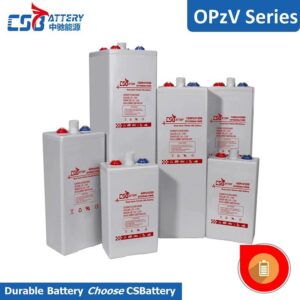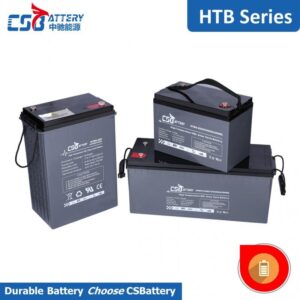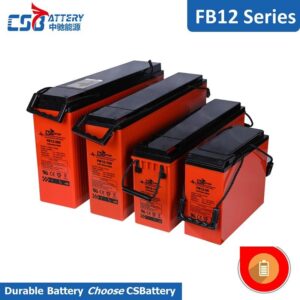Interest in energy storage is growing rapidly. It’s not all about living off the grid anymore. Storage helps solve variability issues with renewable. Adding a solar battery to a grid-connected residential project also allows the array to keep providing power to critical loads when the grid is down, instead of having to disconnect and refrain from generating power. Storage can also help commercial consumers reduce peak demand charges, significantly lowering their energy bills. Storage is even used at the utility level to help provide ancillary services to the grid. The need for storage grows as states pass self-consumption and other legislation that promotes the use of batteries. .
Batteries in solar applications have to meet the demands of unstable grid energy, heavy cycling (charging and discharging) and irregular full recharging. There’s a variety of battery types fitted for these unique requirements. Considerations for choosing a battery include cost, cycle life and installation and maintenance.
Here’s a look at these aspects of each technology, as well as some best practices when selecting batteries for a solar installation.
Solar battery technologies
Lead acid
Deep-cycle, lead-acid batteries have been employed in renewable energy and reliably used in off-grid applications globally for decades.
Cost: Typical deep-cycle, lead-acid batteries cost significantly less than lithium-ion.
Cycling: Valve-regulated lead-acid (VRLA) batteries include absorbed glass mat (AGM) and gel models. Many AGM batteries available in the market are primarily built for dual-purpose or standby applications like emergency backup, but not deep cycling. However, new deep-cycle AGM designs have increased performance and total energy output making them a good choice for renewable energy applications at a lower price point than gel batteries.
In fact, VRLA batteries with added nano carbon are more resistant to sulfation, which can lead batteries to die over time. The carbon slows sulfation and allows the battery to charge faster and cycle more than traditional lead acid. This makes it a good choice for applications in which the battery is in a partial state of charge, such as energy arbitrage or off-grid.
Replacement/maintenance: Many factors including initial design and ongoing maintenance influence battery life so it’s difficult to put a time frame on when the batteries will need replacement. Flooded lead-acid batteries have to be refilled regularly because the electrolyte that fully submerges the battery plates evaporates during charging. The battery enclosure needs ventilation to keep hydrogen gas from accumulating to dangerous levels.
AGM and gel technologies, however, are recombinant, meaning they internally convert hydrogen and oxygen into water and do not require maintenance. As there is no free acid inside these batteries, they can be installed in any position other than upside down. Because solar applications can be in hard-to-reach or remote areas, the ability to install the batteries and let them operate over long periods without maintenance is a benefit.
Disposal: Proper disposal of lead-acid batteries is important because they are toxic. Thankfully, the automotive industry organized to recycle lead early on. Plastic containers and covers of old batteries can also be neutralized, reground and used in new battery cases. In some cases, the electrolyte is cleaned, reprocessed and sold as battery-grade electrolyte. In other instances, the sulfate content is removed as ammonium sulfate and used in fertilizers. The separators are often used as a fuel source for the recycling process. Old batteries may be returned to the battery retailer, automotive service station, a battery manufacturer or other authorized collection centers for recycling.





